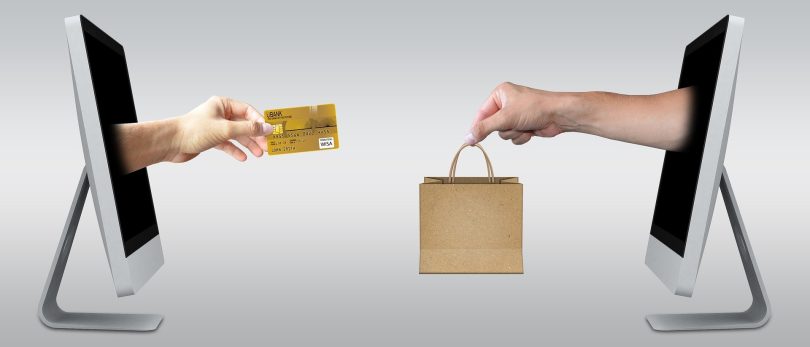We believe that online marketplaces will become an important part of B2B digital business strategies in the coming years. According to various industry experts, B2C markets and advanced web and application technologies will be more widely accepted by the economy in 2021. Gartner predicts that by 2023, 15% of high-income e-commerce brands will establish their own markets and 70% of the markets launched in 2023 will support B2B transactions.
The increasing popularity of B2B marketplaces has made them an important go-to-market strategy for companies of all sizes, whether they are building their own marketplaces or listing their products on existing ones. Depending on the product specialization, they can be horizontal or vertical, and websites like Amazon and the e-commerce giants are growing as platforms for businesses to collaborate in this way. Finding the right way to play these markets, whether by selling products, establishing strategic partnerships, or investing in larger distributors, will help shape the future of B2B distribution and the competitive dynamics that we have seen in B2C.
Marketplaces have been an important part of B2C e-commerce sales for years, but rapid digitization, changing consumer preferences, and the impact of COVID-19 have led to faster B2B e-commerce sales in online marketplaces. According to a recent study by market researcher WBR Insights, 87 percent of B2B shoppers have made purchases from online marketplaces. While B2C markets have in the past managed to alienate potential buyers from B2B distributors, online B2B markets are a wasted opportunity to access a huge size and a new audience.
The rise of mobile apps and marketplaces like Amazon is a clear sign that B2B retailers are moving beyond emerging e-commerce channels and experimenting with a holistic sales approach. Online marketplaces that match buyers with a variety of sellers have been around for years in one form or another, but they have become a central part of B2C commerce because they offer access to a wide range of suppliers and products. According to the B2B Buyer Survey, to which the report refers, e-commerce marketplaces are the most important channel for commercial purchases.
On the other hand, B2B e-commerce sales are accelerating to all-time highs from websites and online marketplaces. According to a recent report from Insider Intelligence and eMarketer, B2C market sales are expected to reach a trillion dollars in a few years and e-commerce in the United States will be worth a trillion dollars by 2023.
At B2B marketplace, manufacturers can sell their products to increased number of customers and distributors can expand their distribution channels. Although many companies do not necessarily want to enter a wide market due to competition from large retailers, there is a unique opportunity for B2C companies to narrow the market in certain vertical areas. You can look back on European companies like Alzura and Mano Mano as examples of market success.
As a venture capitalist in B2B ecommerce companies, they have taken a close look at the industry and seen various business models setting trends in the B2B market. When we talk about how markets are embracing new business models, it is important to think about how B2B transactions work.
In the past, with a focus on attracting new customers and the user experience, online sales have not always been a critical part of the B2B sales strategy for B2B retailers. In a B2B marketplace, they need to set up a B2B account, upload a digital product catalog with relevant and accurate product information, and then sell.
In addition to adding a marketplace to their product portfolio, developing an online marketplace is a relatively new business concept, but future-oriented companies recognize that they can take advantage of the network effects of marketplace technology to streamline operations and offer their customers a modern shopping experience. Some of the most successful markets today are vertical B2B distributors establishing their own markets, industry associations adopting markets and emerging companies in the B2B market, and of course Amazon whose business has reached and is currently growing at annual turnover of more than $ 25 billion.
Upcoming marketplace technology companies in the B2B distribution area are bringing new approaches to solving age-old product and data problems with the help of technology. B2B companies are starting to think about which role they want to play in the market to keep pace with the changing needs of buyers. They can participate in third-party marketplaces or go one step further and create their own. The B2B market and its business model force it to solve data, an industry area which has been neglected or ignored by big, established distributors.
Amazon B2B Marketplace includes personalized features such as multi-user business accounts, approval workflows, payment solutions, tax exemptions, dedicated customer service and much more. Amazon Business Marketplace, driven by Amazon Business, offers businesses and customers pricing, choice and convenience through Amazon features and benefits designed for businesses of all sizes.








